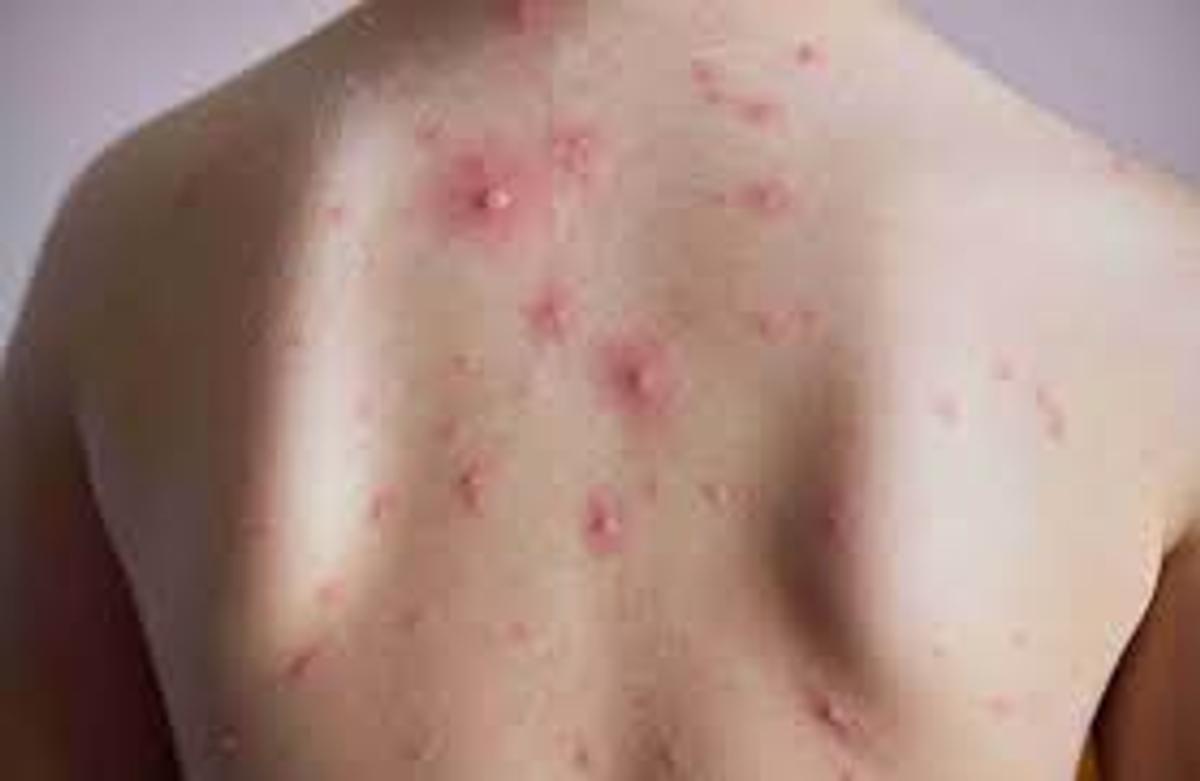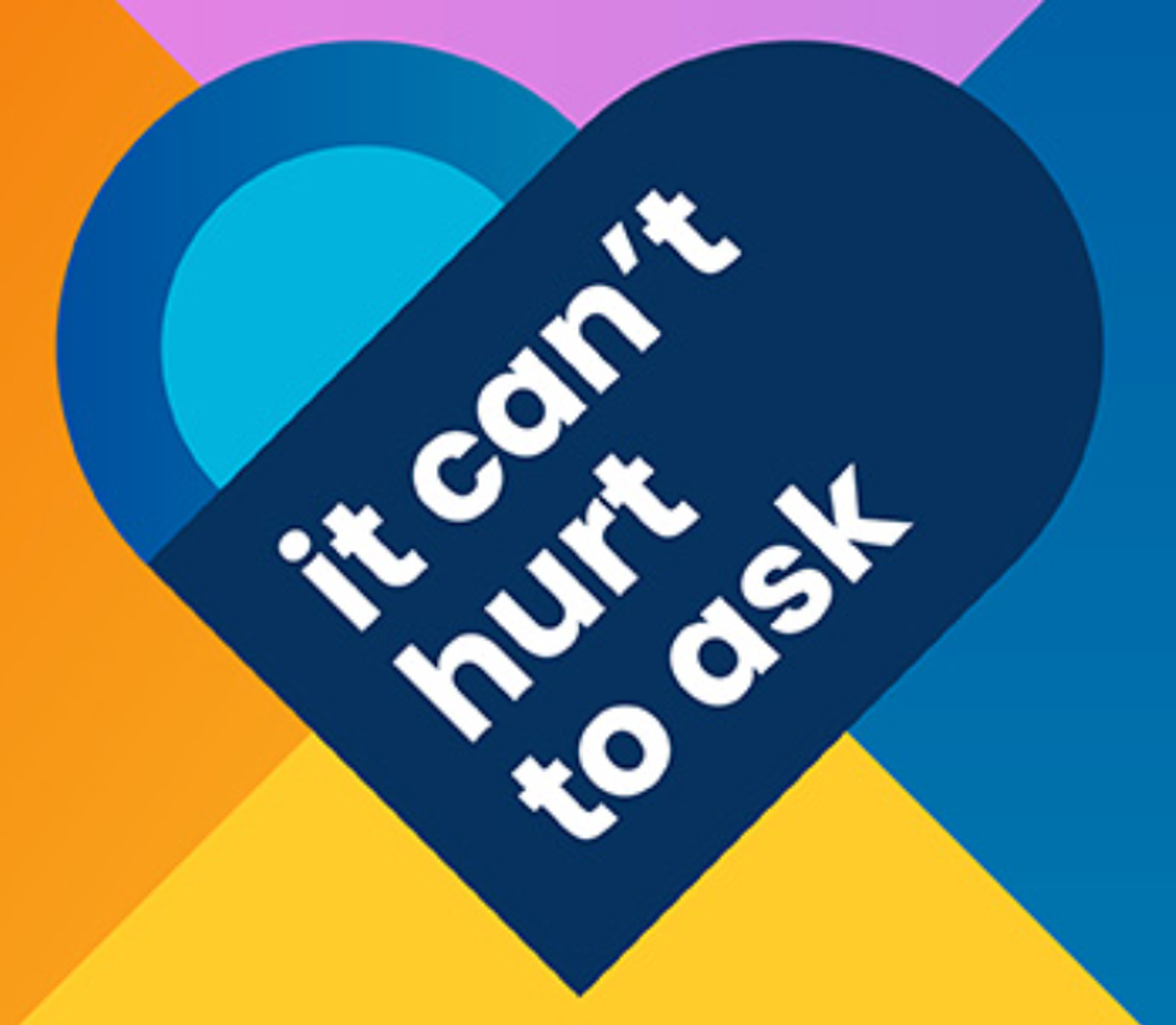HEALTH &
WELLBEING CENTRE
News from college counsellors Br Roger Vallance FMS,
Ms Marijke Keller and Sacha Donaldson RN

HEALTH &
WELLBEING CENTRE
News from college counsellors Br Roger Vallance FMS,
Ms Marijke Keller and Sacha Donaldson RN


Remain vigilant as chickenpox is still a concern
As you may have read from our broadcast last week, the school and Cairns community have had an influx of recent varicella (chickenpox) cases.
Please keep a close eye on your sons' health, and if unwell they should stat home. If they are displaying any signs of chickenpox, it is still possible to catch it even when immunised.
One of the questions I have been asked frequently by students and staff in the past few weeks is: my child has had the MMRV vaccination, but he got chickenpox. Why? An explanation is given below based on information from the Children's Hospital in Melbourne and the National Centre for Immunisation Research & Surveillance (NCIRS).
Being immunised against the virus greatly reduces the chances that your child will catch chickenpox, but sometimes they may already be infected. Immunised children who still catch chickenpox will get a milder form of the virus with a less severe rash and a lower fever. They will also recover more quickly. Having two doses of the vaccine provides increased protection. The Australian government funds one free dose, and parents and carers can buy a second dose four to six weeks later if they choose. Click here for further information from the Children's Hospital.
Breakthrough disease (natural varicella infection in vaccinated individuals)
Vaccine failure is known as breakthrough varicella and is defined as a case of wild-type varicella with infection occurring more than 42 days after vaccination. Most cases of breakthrough varicella are mild and result in fewer skin lesions (usually less than 50 lesions). In mild breakthrough cases, the skin lesions may not be vesicular and systemic symptoms, such as fever, occur less frequently. Because of this, breakthrough disease may not be recognised, or may be misdiagnosed. However, breakthrough varicella can still be contagious and exclusion from childcare or school is recommended.
A study of household secondary attack rates found that contagiousness is related to the number of lesions. Vaccinated cases with more than 50 lesions were as contagious as unvaccinated cases, but when vaccinated cases presented with fewer than 50 lesions, they were only one-third as contagious.
Recent studies suggest that there are higher rates of breakthrough varicella in people who have had only 1 dose compared to those who received 2 doses of the vaccine. Breakthrough varicella is also more common in those with a single dose more than 5 years after vaccination, and in places where people are in close contact, such as households. The fact sheet below from the NCIRS contains important information about the virus.
Three pillars of a fulfilled life
There is a lovely infographic here: Three Pillars of a Fulfilled Life. It's well worth printing and sticking on the kitchen fridge door.
Queensland University has prepared some study guides for senior students in the lead up to their exams.
Study tips for Years 11 and 12 subjects
Click here for these student-friendly hints and tips.


New men's health podcast – out now
Explore your health questions, concerns and curiosities with It Can’t Hurt to Ask, the myth-busting podcast from Queensland Health.
In season three all things men's health are tackled from hacking your physical performance to optimising injury recovery, future-proofing your body to staying mentally fit. The new podcast answers everything you want to know about men's health. It features interviews with expert clinicians from across Queensland and takes a deep dive into some curly health questions.
Listen to the podcast: here


Drug worse than fentanyl sold in vapes
With new legislation, one might be tempted to surmise that the "war on vapes" is over. But there are even more dangerous chemicals being added to vapes to increase their addictive power.
A highly dangerous synthetic opioid more powerful than fentanyl and responsible for deaths around the world is being sold in vape liquid, leading to an Australian-first arrest and an urgent public health warning.
For further details, read the article below by David Murray from The Australian, 7 August 2025.


Empowering parents and carers to support teen mental health
The Black Dog Institute is offering seminars free to parents and carers.
Parenting a teenager can be both rewarding and challenging, especially when it comes to their mental health and wellbeing. That's why the Black Dog Institute is inviting parents and carers to attend their upcoming free mental health webinars, designed to provide practical tools, strategies and insights to help them support the young people in their lives.
Co-delivered by a clinical psychologist and a youth lived experience advisor, these webinars will explore:
Upcoming dates:
Thursday 11 September at 7pm (AEST) Register here
Thursday 9 October at 7pm (AEDT) Register here
Monday 20 October at 7pm (AEDT) Register here
Thursday 30 October at 7pm (AEDT) Register here
Wednesday 12 November at 7PM (AEDT) Register here
Thursday 27 November at 7pm (AEDT) Register here
Wednesday 10 December at 7pm (AEDT) Register here
What parents and carers say about the session:
“This webinar is a wonderful resource for all parents and caregivers. It covers the important topics in order for us to recognise when our teen is struggling and presents different ways in which we can support and nurture them. I have recommended this to friends and have already accessed some of the resources they provided. Thank you.”
“A very informative, practical presentation helpful for parents and carers. It helps reinforce and also add new ideas using current research and resources!”
“Highly informative and genuinely insightful. As a parent and carer to three boys, with the oldest now a teen, I went in feeling unsure and underequipped, and left an hour and a half later feeling at ease and armed with a wealth of encouraging, practical advice."
Sacha Donaldson RN sdonaldson@cns.catholic.edu.au 4052 9132
Marijke Keller mkeller@cns.catholic.edu.au 4052 9134
Br Roger Vallance brroger@cns.catholic.edu.au 4052 9133